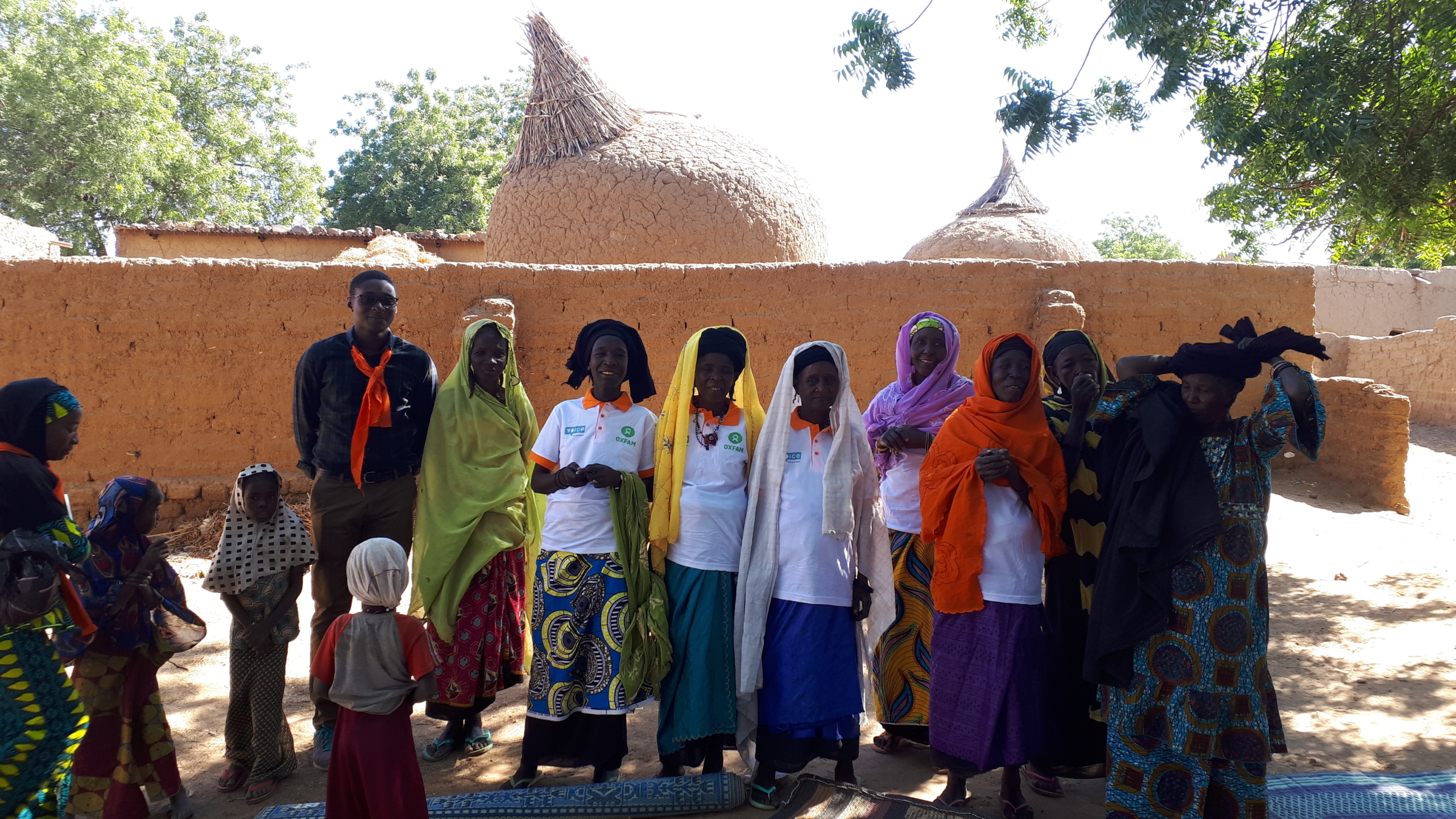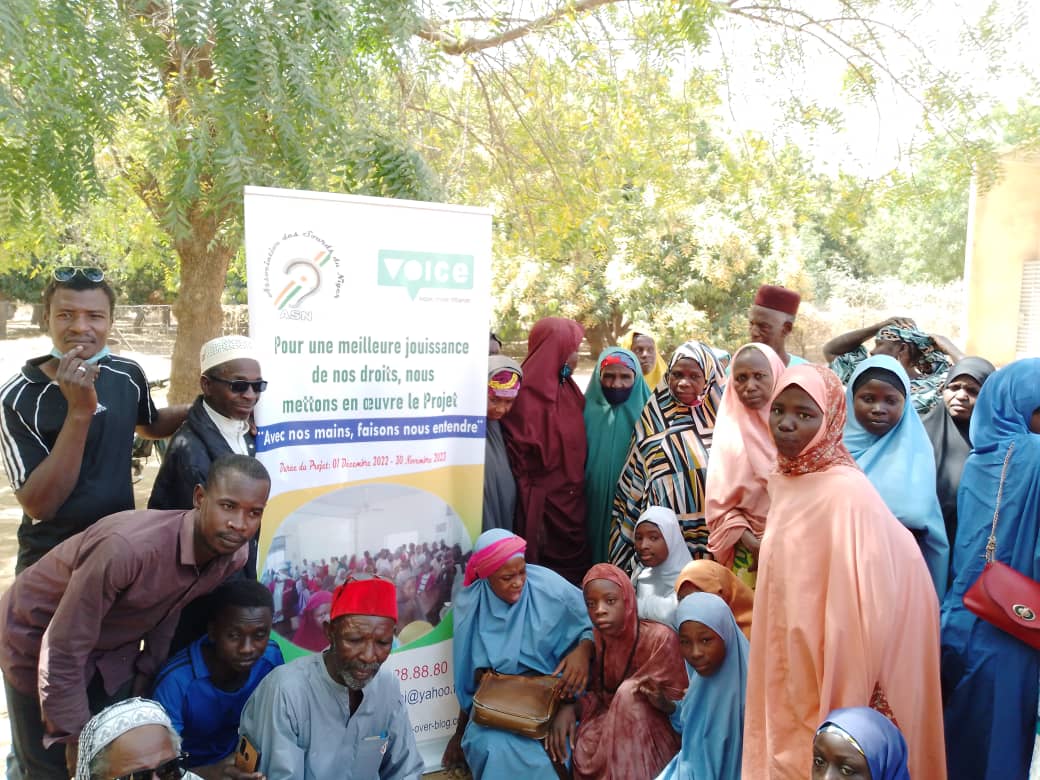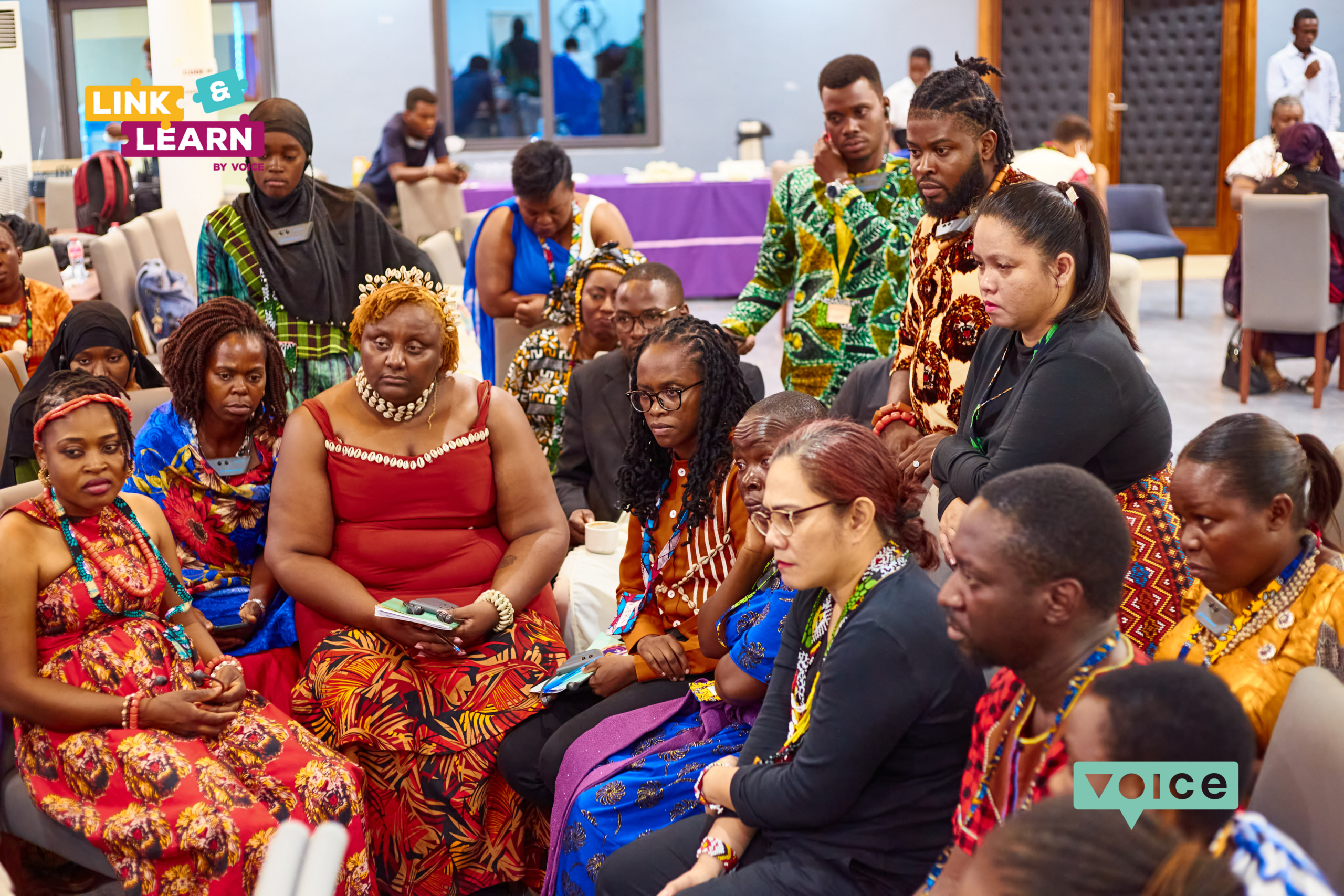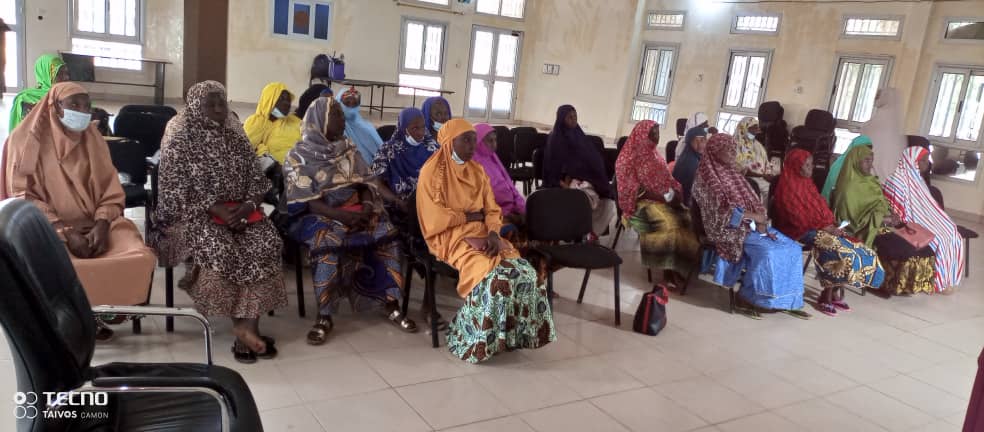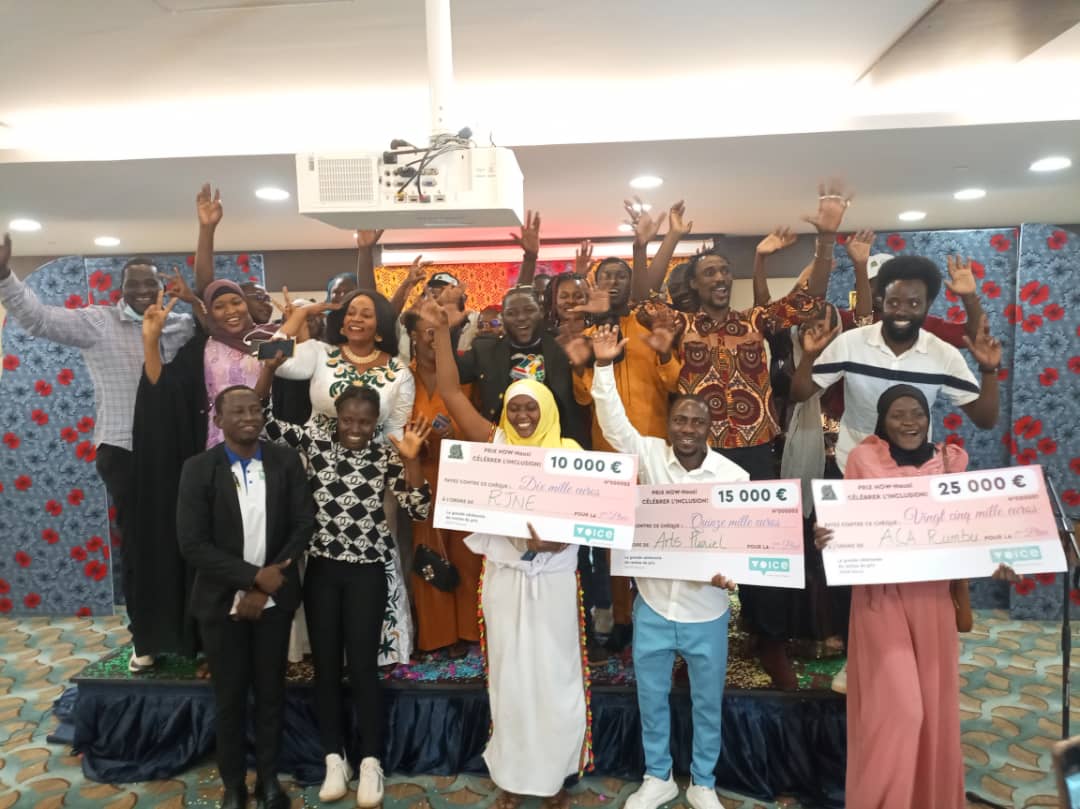On the road to power: The Tale of Three women
The personal battles of three women, Nana Harouna, a 42 years old, married mother of five, Adé Garba, a Peulh from the village of Charindawa (Gangara) and Fatchima Ibrahim, member of the supervision team of the election and voting centers of the Djirataoua commune tell the story of women’s struggles to gain a foothold in the male-dominated political space in Niger. Being a woman, and furthermore a non-literate one can result in all manner of injustices. Nana Haouna was lied to so that she could drop her candidacy for a local civic electoral seat, Adé Garba even after winning majority votes for the seat of the local elected official of her commune, was denied her seat using her non-literate status, Fatchima Ibrahim in charge of mobilization of women to participate in politics found that the mobilization organ had never had women representation in it and she had to proactively ensure that women were included in the previously exclusively male mobilization teams.
NGO Leadership Challenge in collaboration with the Voice project engaged women in awareness raising based on the texts of the election and political participation. In Niger, in some rural communes, it is commonplace for political contestants to use gender and non-literacy to deny women opportunities for political action and involvement. Lack of awareness of affirmative action opportunities available for non-literate women as in the case of Nana, or even where a winning woman is stripped of her victory as in the case of Adé Garba happen repeatedly. This discrimination and the lack of political awareness keeps women away from political leadership and decision making organs. The political playing field is not level and disadvantages women. Bodies such as those charged with supervision of election and voting centers and mobilization of women are dominated by men. The project, “Women’s Political Participation for Inclusive Development” (PPFDI), which means “Siyasar Mata, Hanyar Cigaban Al’uma” in Hausa (the language of the project area) led by Leadership Challenges aims to make social inclusion and the promotion of women’s leadership a reality in all areas of development.
Many initiatives and strategies have been put in place to take into account the female component, both through texts and through the level of application of these texts yet the desired change has not been forthcoming until Leadership Challenge changed the approach to raising self-awareness among the women, building their confidence in their own political ability and getting them to the realization that they themselves are the instruments of change that concern them. With the training and information, they received, they now know that nothing is impossible for them politically and, above all, that it is time to stop all forms of abuse against women and for women to seize back their rightful place!
The project, being implemented around the local, legislative and presidential elections in Niger, seeks to encourage a dynamic grassroots community mobilisation aimed at identifying and creating enabling conditions for the exercise of women’s rights as citizens in general and their political rights in particular. This necessarily involves strengthening women’s leadership on the one hand, and on the other, strengthening opinion leaders, especially men and building their gender sensitivity so they become strategic allies for more successful development. The project envisages creating a critical mass of enlightened and emboldened women leaders in order for change to happen and improve women’s representation in decision-making bodies at household, community, local and national levels.
#16 days of activism against violence against women.

My name is Nana Harouna, I am 42 years old, married and have five children. I am the communal president of my political party in the commune of Gangara (Gazaoua department). I have suffered a lot alongside men in politics because of my ‘female status’ and also because I am illiterate. This was a barrier for me because I had withdrawn my candidacy in the local elections. The men in my political party made me believe that an illiterate woman is not eligible. It was during the training on the texts governing the participation of women in political life and the electoral process provided by the NGO Leadership Challenge, that I learned that the texts provided for a percentage for the participation of people like me who cannot read or write. From then on, I made a commitment to fight for my political and civic ambitions. I would like to thank the NGO Leadership Challenges and its partner VOICE for providing me with this luggage.
Adé Garba

Adé Garba, a Peulh from the village of Charindawa (Gangara), is president of the women’s political party. “I had a majority of votes that won me the position of local elected official in my commune. Unfortunately, given my ‘status as a woman’ and my ignorance, the position was snatched from me under the false pretext that I am illiterate. In the face of my continuous protests, I was granted a mill as compensation for the damage caused. With the new knowledge I have acquired about the texts governing the active participation of women in political life and the electoral process, I undertake to no longer tolerate any attempt to buy my conscience in order to assert myself as an elected member of the communal council.
Fatchima Ibrahim

I am Fatchima Ibrahim, member of the supervision team of the election and voting centres of the Djirataoua commune. I was appointed on behalf of the MMD (Mata Masu Dubara) programme to contribute to the mobilisation of women to engage in politics. To do this, I visited ten villages in one week and in these ten villages I had to impose myself so that there were women in the mobilisation teams, which were previously made up of men only. Enrolment is the firster step in political participation. I invite women to go out en masse, to fight, to fulfil their civic duty and to mobilise around their sister candidates to carry the voice of women high, because there are more of us than men, so why let ourselves be dominated?

